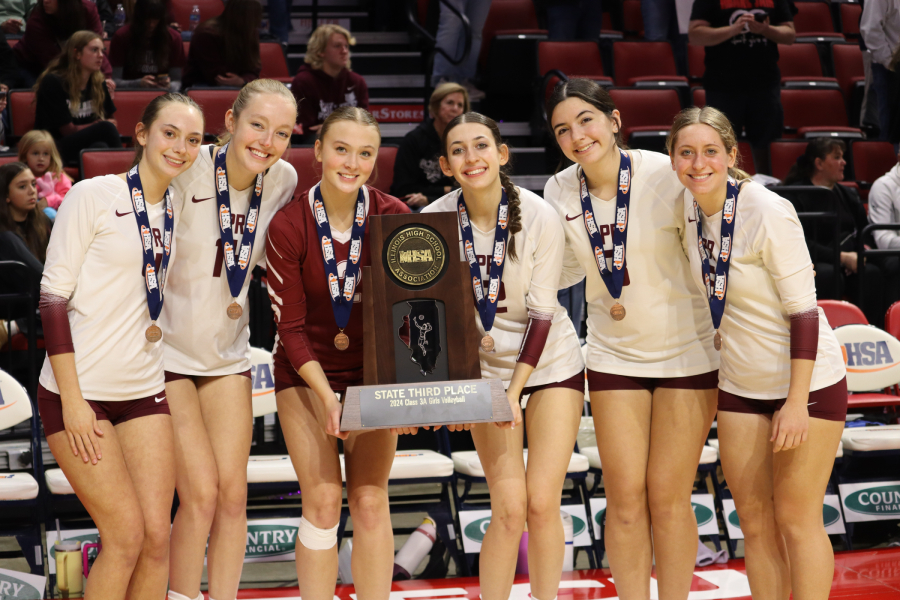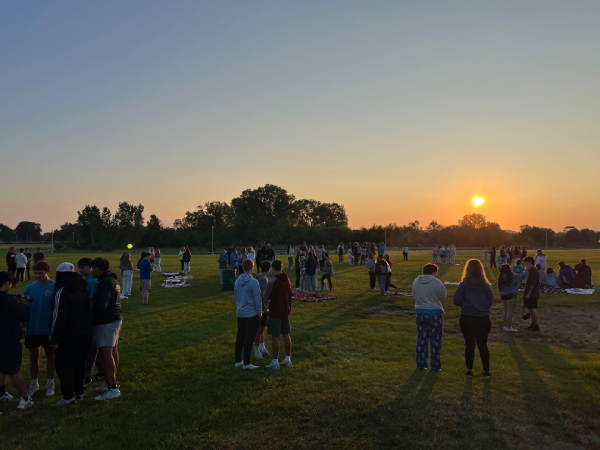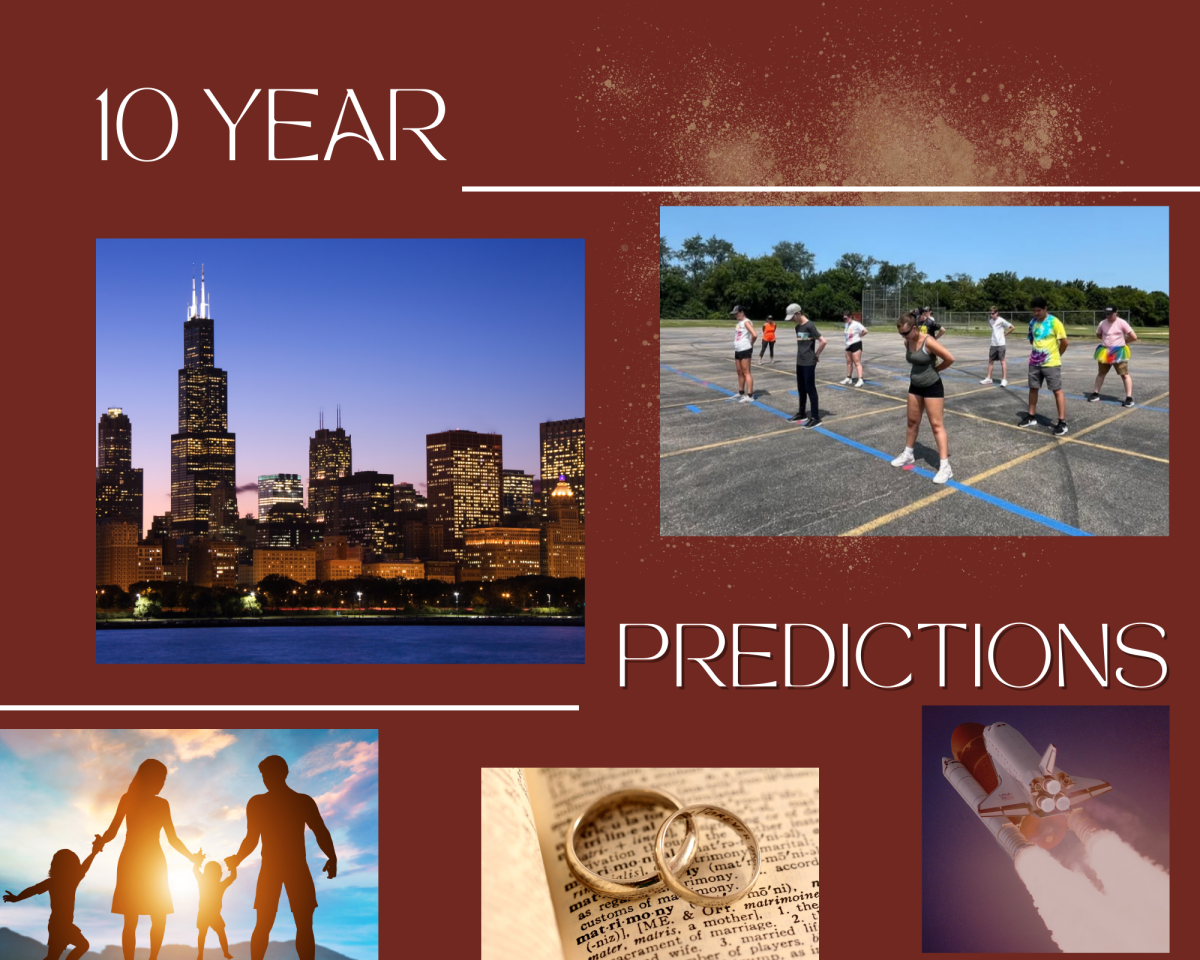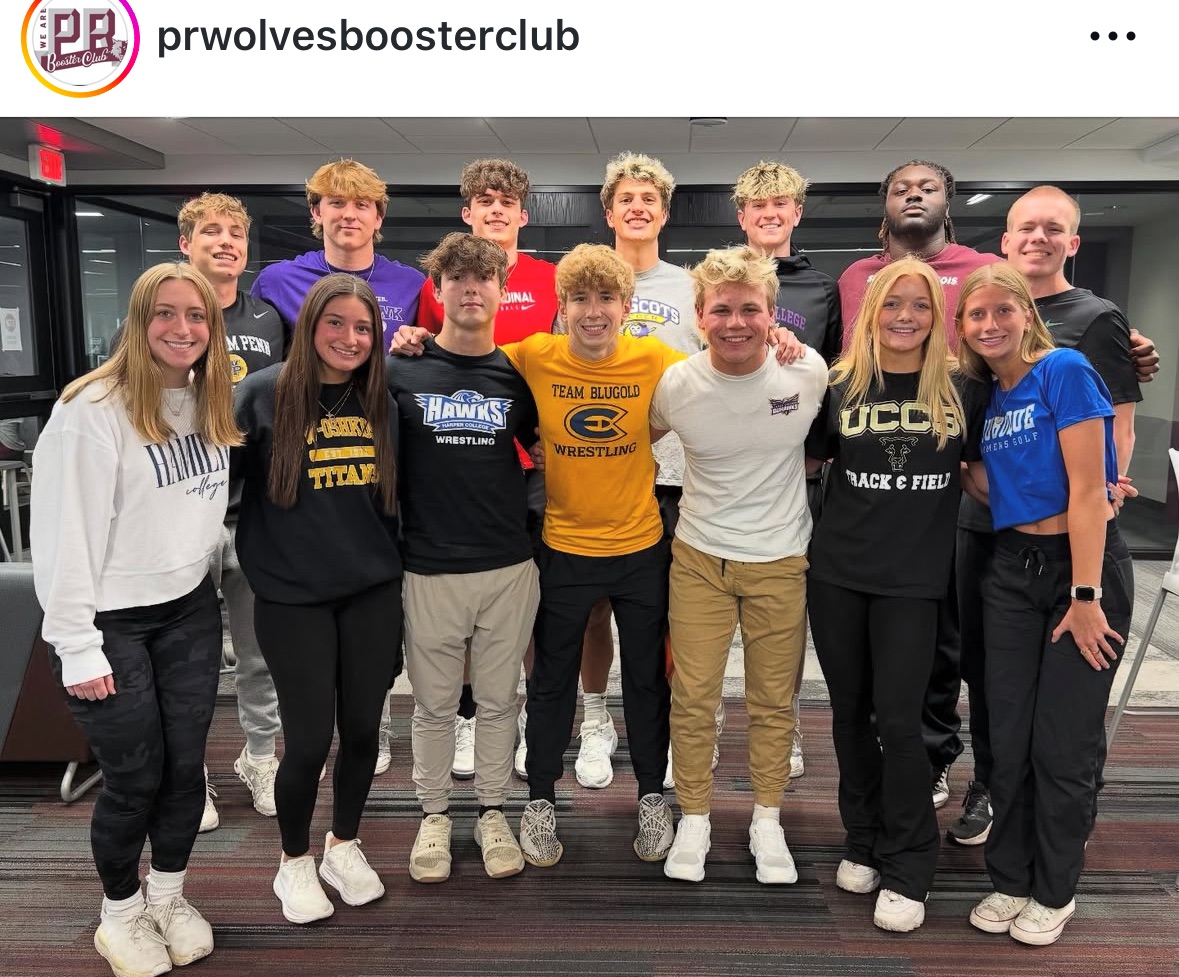This year from September 30th – October 6th libraries from across the country celebrated Banned Books Week. Since its creation 30 years ago, Banned Books Week has been an annual event celebrating our freedom to read. Not just librarians, but also booksellers, journalists, teachers, and readers of all ages celebrate it.
We have the freedom to read books from all ages and can freely discuss the ideas presented in those books, even those books considered unorthodox and unpopular. There are a surprising number of books that have, at one time or another, been censored, even some of our most popular books: The Hunger Games, To Kill a Mockingbird, War and Peace, the Harry Potter Series, Uncle Tom’s Cabin, for example.
For more on this event I turned to our own PR head librarian Amy Bland. When I asked her what Banned Books Week meant to her, she said, “It is about promoting the freedom to read.”
I then asked her why the week is called Banned Books Week. She explained, “Most of the books celebrated are not banned, in fact, but merely challenged for whatever reason. Usually the books are challenged because of age appropriateness. Religion, social, and cultural are other reasons books get challenged.”
Mark Twain’s classic Huckleberry Finn has been challenged over the years because Twain used the word “nigger” instead of African-American. Whether you agree with his decision to use this word, Twain is being culturally accurate by inserting some dialect into his writings.
In the Prairie Ridge Library Mrs. Treadwell created a bulletin board highlighting the recently challenged books. To select the books to feature, Mrs. Treadwell told me, “I looked at lists of books challenged in 2009-2011 and featured ones we have at Prairie Ridge.”
What besides the bulletin board did the PR library do to celebrate Banned Books Week? “We created a handout with the Top 100 Banned/Challenged books, as reported by ALA for 2000-2009, and asked students to see how many they had read. It was fun to hear students asking why some of their favorite books from childhood had been challenged,” said Mrs. Bland.






